Science and Mathematics are the bedrock of intellection for any student. Giving the practical consideration to these two subjects contributes to the development of the mental skills of learners in basic education. This specialty includes two curricula: science (chemistry, physics and biology) and mathematics (Algebra and Geometry), which are taught by adopting a holistic and integrative approach in teaching Cycle 1 and Cycle 2 students, with the employment of different means for teaching science and mathematics and promote students’ scientific and mathematical skills through scientific and discovery methods of learning.
Students in this concentration acquire the necessary knowledge, skills and trends a teacher of science and mathematics must have.
By the end of their studies, graduates shall be able to:
- Master scientific facts and concepts included in science and mathematics, and follow up with new trends in both curricula.
- Invest the different aspects and levels of educational objectives to teach science and mathematics to the desired educational stage they wish to teach.
- Objectively analyze and implement lesson plans for science and mathematics.
- Plan for the educational unit and educational class, taking into consideration all necessary elements (activities and educational means) in accordance with the objectives of the subject.
- Design educational activities in science in order to contribute to the basic and integrated science processes in students.
- Use learning strategies in different aspects (collaborative and participatory learning – problem solving – problem resolving – inquiry and discovery based learning – project-based learning – lab-based learning).
- Differentiate between the knowledge of science (Biology – Physics – Chemistry) and the knowledge of mathematics (Algebra – Geometry), discover the characteristics of each and learn how to implement these as an educational-learning unit.
- Define all aspects of correlation and integration between the contents of science and mathematics lessons and other subjects to benefit from them in teaching science and mathematics.
- Use different evaluation tools to detect the extent of understanding and comprehension of the learner for the purpose of providing feedback.
- Detect conceptual errors in students, and suggest strategies to alter or correct them.
- Interpret students’ test results, and suggest suitable solutions for weaknesses in learning science and mathematics.
- Own scientific thinking skills in problem solving, in addition to logical and creative thinking skills.
Teaching Science and Mathematics concentration qualifies graduates to teach science and mathematics in both public and private schools for Cycle 1 and Cycle 2 classes of basic education.
The program was designed in accordance with a comprehensive academic plan based on both theoretical and practical levels. It includes courses of 97 credits distributed over 6 semesters (fall and spring) in each academic year. These are:
| University Requirements | 12 Credits |
| Core Courses | 42 Credits |
| Concentration Courses | 31 Credits |
| General Elective Courses | 6 Credits |
| Specific Elective Courses | 6 Credits |
| Total Number of Credits | 97 Credits |
University Requirements (12 Credits)
| Course Code | Course Title | Prerequisite | Credit Hours |
| ENGL 201 | English Communication Skills I | 3 credits | |
| ENGL 202 | English Communication Skills II | ENGL 201 | 3 credits |
| ARAB 201 | Arabic Communication Skills I | 3 credits | |
| ARAB 202 | Arabic Communication Skills II | ARAB 201 | 3 credits |
Core Courses (42 Credits)
| Course Code | Course Title | Prerequisite | Credit Hours |
| EDUC 210 | Psychology of Development | 3 credits | |
| EDUC 211 | Health Education | 3 credits | |
| EDUC 212 | Theories of Learning | 3 credits | |
| EDUC 310 | Introduction to Educational Sociology | 3 credits | |
| EDUC 311 | Action Research | 3 credits | |
| EDUC 312 | Instructional Procedures | EDUC212 EDUC315 | 3 credits |
| EDUC 313 | Learning Difficulties | 3 credits | |
| EDUC 314 | Citizenship Education | 3 credits | |
| EDUC 315 | Measurement and Classroom evaluation | EDUC212 | 3 credits |
| EDUC 316 | Educational Technology I | 3 credits | |
| EDUC 317 | Statistics in Education | EDUC311 | 3 credits |
| EDUC 416 | Educational Technology II | EDUC316 | 3 credits |
| EDUC 490 | Practicum I | 3 credits | |
| EDUC 491 | Practicum II | EDUC 490 | 3 credits |
Concentration Courses (31 Credits)
| Course Code | Course Title | Prerequisite | Credit Hours |
| EDMS 318 | Mathematics I | 3 credits | |
| EDMS 418 | Mathematics II | EDMS 318 | 3 credits |
| EDMS 420 | Mathematics III | EDMS 418 | 3 credits |
| EDMS 319 | Science I
Chemistry |
3 credits | |
| EDMS 419 | Science II
Physics |
3 credits | |
| EDMS 421 | Science III
Biology |
3 credits | |
| EDMS 422 | Methods of Teaching Mathematics I | EDMS 318
EDMS 418 |
3 credits |
| EDMS 423 | Methods of Teaching Mathematics II | EDMS 422 | 3 credits |
| EDMS 424 | Methods of Teaching Science I | EDMS 319
EDMS 419 |
3 credits |
| EDMS 425 | Methods of Teaching Science II | EDMS 424 | 3 credits |
| EDMS 491 | Project | 70 credits
EDUC 311 EDUC 317 EDUC 490 |
1 credit |
- Obtaining official Lebanese BACC II degree or any equivalent document.
- Conducting a placement test in Arabic Language and one of two foreign languages (English or French).
- Passing an entrance exam in science (Chemistry – Physics – Biology) and an exam in mathematics.
- Passing the academic orientation stage that determines the suitability of a student’s abilities and qualifications in accordance with the field of study.


